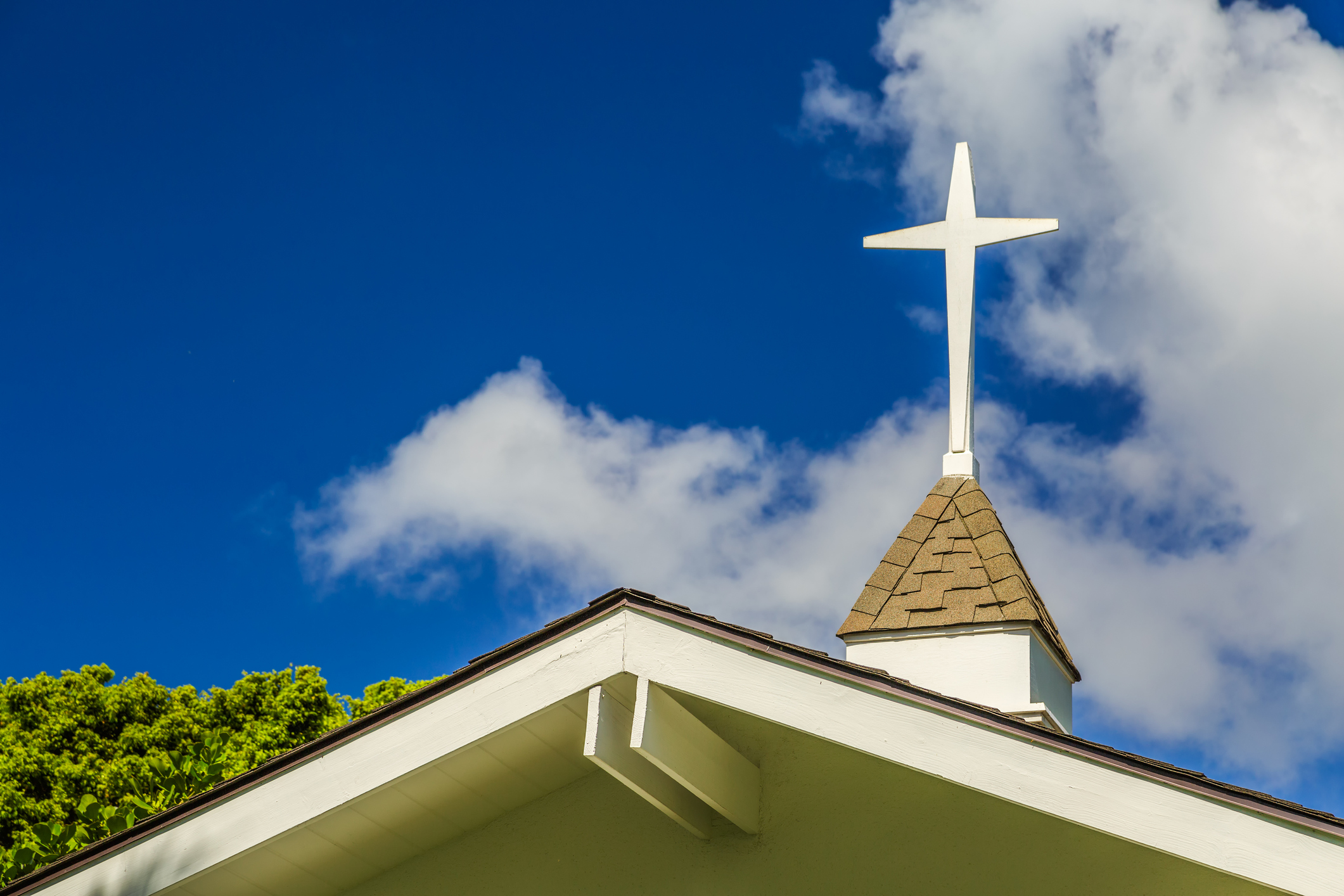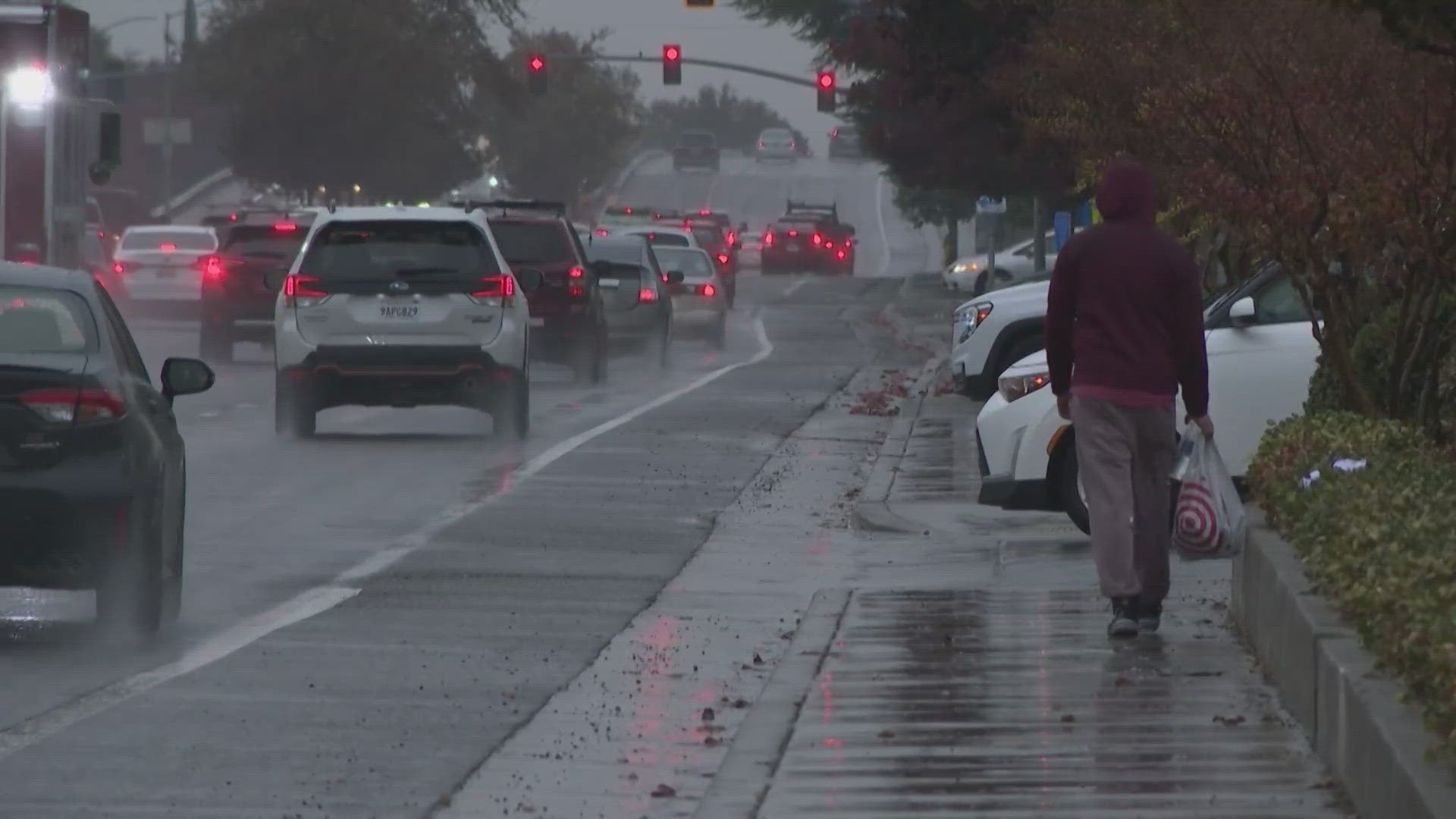It's common practice for churches to open their doors to the community during time of need, especially during an emergency or devastation caused by a natural disaster.
Millionaire televangelist, Joel Osteen, received harsh criticism for closing the doors to his megachurch, Lakewood, Sunday in Houston, during the catastrophic storms and flooding. Osteen claimed the church was flooded, but people called him out on Twitter with photos of the outside of the church, which didn't appear to be flooded.
Osteen responded to the backlash late Monday in a statement, which was quoted by ABC and the Atlanta Journal-Constitutution:
"We have never closed our doors," Osteen said. "We will continue to be a distribution center to those in need. We are prepared to house people once shelters reach capacity. Lakewood will be a value to the community in the aftermath of this storm.
The pastor finally announced Tuesday, the church was ready to open for shelter, presumably given the pressure he was under.
Because of the clear separation of church and state in the U.S., the government cannot own a church. Therefore, as religious and private entities, churches cannot be forced to open their doors as shelter or for emergency services by the government.
However, more often, churches volunteer their services on their own.
Both the City of Sacramento and Sacramento County work with local churches in the area through a group called Voluntary Organizations Active in Disaster, better known as VOAD. Many Sacramento region churches belong to VOAD, according to a spokesperson for the City of Sacramento.
Many local churches also provide shelter during extremely cold or hot weather. This past winter, local churches including Capital Christian Center, helped house and feed the homeless during cold weather periods through "Winter Sanctuary", a Sacramento Steps Forward program.
Churches can also serve as cooling centers during triple-digit days in the Sacramento valley.
It's important to know, different churches have different capabilities. Some churches may have kitchen serving capabilities for large groups or mobile catering, others may more overnight space for shelter. Many Catholic churches focus on rebuilding, according to Kim Nava, spokesperson for Sacramento County.
Nava also said, while many churches have a seating capacity, it doesn't mean they have enough overnight capacity to serve those in need of shelter.
A potential shelter always has to be inspected and cleared as safe during an emergency. In the case of Osteen's Lakewood Church in Houston, if it really was flooded from the inside, it likely would not have been cleared for shelter use.
While the city and county don't typically reimburse churches for services provided during emergencies, there have been cases when the federal government, through FEMA, has provided reimbursement to churches for such activities as shelters.


